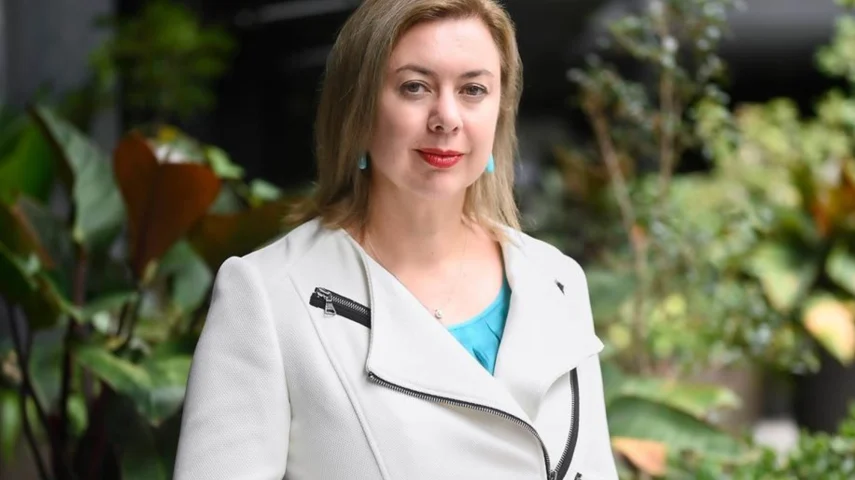Abood remains on the fence on super funds providing advice



According to Financial Advice Association of Australia (FAAA) chief executive Sarah Abood, superannuation trustees delivering advice to members during their transition to retirement could present more risks than benefits.
At a panel hosted by law firm Hall & Wilcox on 12 May, Abood expressed her concerns about the future of super funds providing financial advice to members.
“The barriers to [implementing that] and the complexities of executing that well has become quite high-risk from a regulatory perspective,” she said.
“Many of us have seen the proposals from the Quality of Advice Review as an opportunity to clarify some of those obligations and to give trustees a clearer path, but also for financial advisers and other product issuers to make that a little easier.”
In Recommendation 6 of Michelle Levy’s 267-page Quality of Advice Review (QOA) report, it was suggested that superannuation funds should be allowed to “provide personal advice to their members about their interests in the fund”.
This would include when supporting a member through their transition to retirement. Therefore, trustees would be required to take into account the member’s personal circumstances and could decide how to charge fees.
The recommendation could widen the number of professionals delivering financial advice and could address accessibility issues, Levy believed.
However, Abood said, the first challenge with funds providing advice was that the transition to retirement was not simple.
“If you get the transition to retirement wrong, you have the potential to blow somebody up. The challenges [include] how would the default be applied, how would we ensure that the best interest of that individual member was being delivered via that default?” she questioned.
Her view was that it would present numerous difficulties without someone or something that looked like a financial adviser.
“The rubber does hit the road when you transition into retirement, because the scope of the advice to be good, let alone to be in the best interest of the member. It has got to consider matters that are outside the scope of the member’s interest in the fund,” Abood said.
Certain complexities were hard to ignore, such as whether an adviser had access to the client’s marital status, information about their estate planning needs, their Centrelink history, and other retirement data.
Without personal details, “it would make it very difficult to do well outside of the relevant provider framework”, Abood said.
“The proposals that Michelle has made potentially enable funds to do more but those risks still remain,” Abood said.
Current levels of uncertainty surrounding super funds providing advice, while meeting the sole purpose test, left Abood with little confidence.
Conflicts could arise if a fund member’s partner was with a more affordable super fund, meaning the right outcome could be for the super trustee to recommend a change in funds.
“That is a real dilemma that would be faced. It’s not just the technical and logistical issues about collecting that data. It’s [asking]: ‘How can I do the best possible job? Because I do have an obligation as a trustee to act in the interest of my members’,” Abood said.
While some suggestions from the QOA could be implemented quickly, issues relating to funds providing advice generated more questions than answers.
“There’s a sense that we might need a bit more time to finesse that one,” Abood observed.
Recommended for you
The future of superannuation policy remains uncertain, with further reforms potentially on the horizon as the Albanese government seeks to curb the use of superannuation as a bequest vehicle.
Superannuation funds will have two options for charging fees for the advice provided by the new class of adviser.
The proposed reforms have been described as a key step towards delivering better products and retirement experiences for members, with many noting financial advice remains the “urgent missing piece” of the puzzle.
APRA’s latest data has revealed that superannuation funds spent $1.3 billion on advice fees, with the vast majority sent to external financial advisers.














Sarah rightly points out that there are super funds, of all persuasions, that would currently struggle to meet the various and important requirements and risk factors attached to providing their members with retirement advice. But the FAAA need to be forward thinking here. Currently they sound a bit like the when the lawyers painted property conveyancing as something only qualified, licensed, trained and practicing legal eagles could or should do.
We all now know that’s not the case and clients have greatly benefited from that evolution.